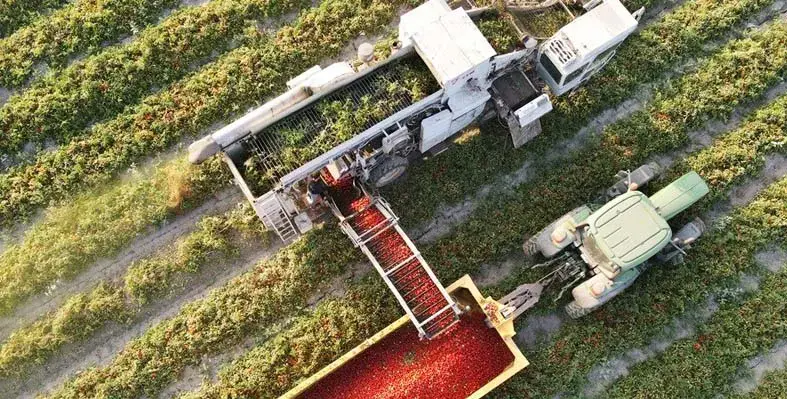Leveraging its expertise in desert technology, agritech start-up, SaliCrop Ltd., recently introduced a breakthrough seed treatment innovation that is capable of transforming arid terrains into flourishing landscapes for growing food
Boosting crop cultivation in arid regions raises yields, eventually promising greater food security for the future. With a focus on crops such as onions, chili rice and broccoli, field trials are currently being carried out across Africa, India and Europe.
Tackling abiotic stress
Two main abiotic stressors that hinder crop development include saline soil and heat stress. To combat these issues, SaliCrop has developed a novel, non-GMO approach to bolster seeds' resilience to abiotic stresses. The various seed enhancement protocols that have been designed, target a plant’s internal stress-response mechanisms by intentionally exposing the plant to controlled abiotic stressors, while at the same time, ensuring to keep the plant DNA intact. In brief, SaliCrop's green solution acts as a gentle nudge to preemptively stimulate the stress responses even before the plant finds itself in salty or hot conditions.
"Under SaliCrop's treatment, plants not only thrive in poor quality, highly saline soil through enhanced nutrient absorption and improved root structures, but they also exhibit increased vigor and superior germination rates," affirmed CEO of SaliCrop, Carmit Oron. "This innovation turns marginal lands, previously considered barren, into fertile grounds capable of abundant food production. As climate change intensifies, farmers globally are in urgent need of sustainable solutions to adapt and succeed. SaliCrop is at the forefront, with leading agricultural players already integrating our technology," Oron added.
The SaliCrop solution is currently bearing fruit in tomato cultivation in multiple locations, including Spain.
For more information, visit: www.salicrop.com





